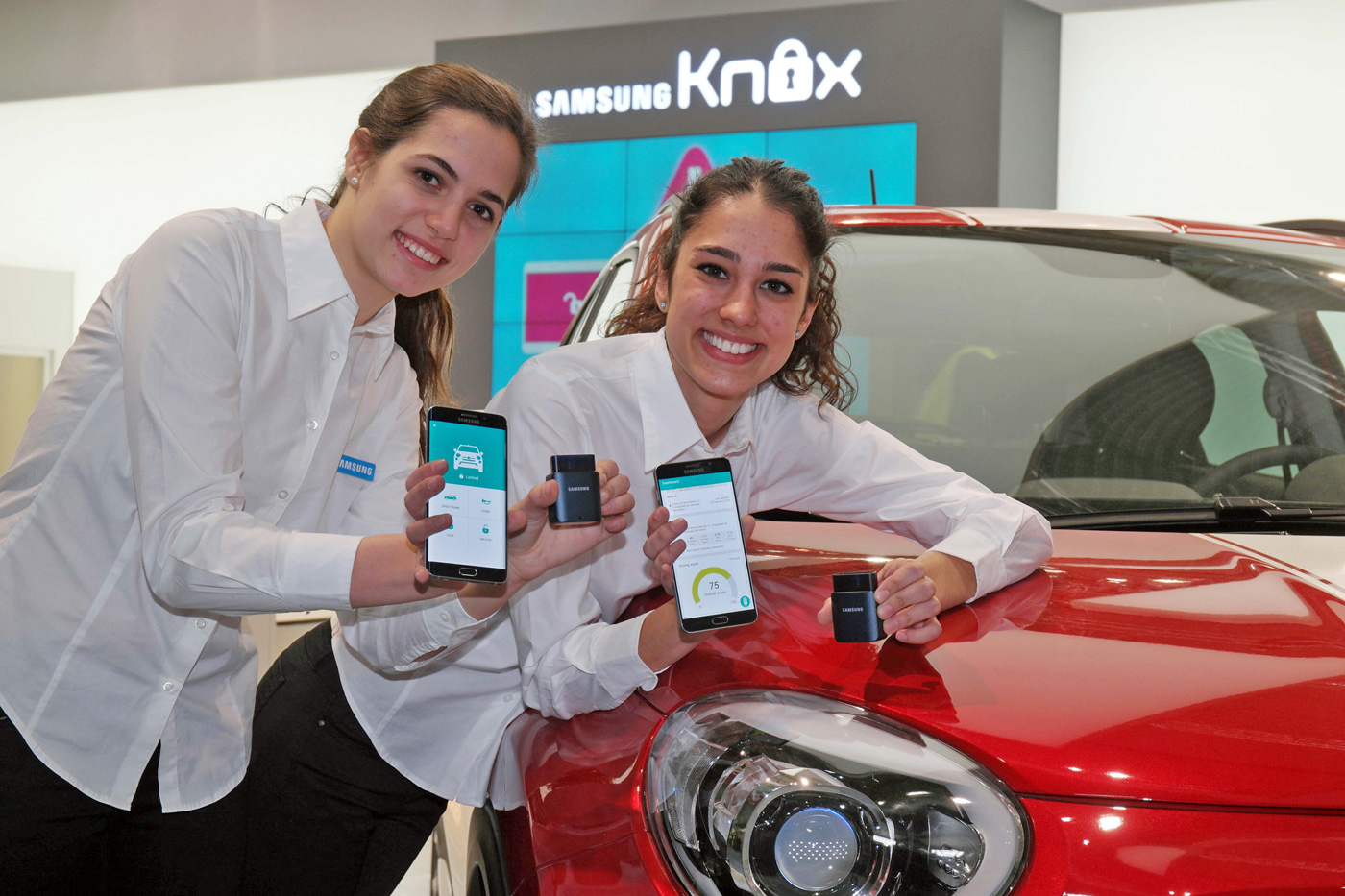Samsung, irrespective of the current problem with their smartphones, is a formidable force in the world. Sooner or later it will get over this problem. The purchase of $8 billion worth of audio and automotive Harman has come as a surprise for many considering the company’s penchant for making Smartphone. This indicates towards the future strategy of company where it wants to percolate into your car and wants to be a leader in this segment.
The thought of entering into automotive segment was in the mind of Samsung for long and it was in the integrated circuits and processors for the market. It has started a division solely focused on automotive electronics. Samsung had also acquired a stake in Chinese carmaker BYD for $455 million in July, too.
The automotive division makes leading memory technology by designing DRAM, NAND flash, and memory controller modules for vehicle computer systems. This division works with Samsung’s industrial CMOS image sensor (CIS) technology to design and develop object recognition systems for driver assisting technology.
Harman, on the other hand, is company known for its capabilities in product design for consumer electronics. It has embedded capability based on speech recognition capability, camera video input, object detection, augmented navigation, multimedia, security, and apps for device integration. These technologies have already been used in BMW, Audi, Chrysler, and Porsche, and a few other phones.
Samsung was already working on connected vehicle solution based on Tizen OS. The little dongle offers Wi-Fi connectivity and real time alerts from a simple OBD II plug. However, this system is not as sophisticated as Harman’s other connected vehicle options on the market.
Samsung is working to provide solutions for connected vehicles based on the Tizen OS, named Samsung Connect Auto. The little dongle was shown at MWC and it sends real time alerts from a simple OBD II plug. This is not a deeply integrated system like Harman’s. Samsung will now end up supplying components for Harman Kardon systems harnessing the expertise of both companies. Automotive market penetration is in the larger game plan of Samsung Auto.
It is to be noted that there are other players, too, apart from Samsung and Harman in the connected vehicles market and this trend is reflected from Qualcomm’s recent $47 billion purchase of NXP Semiconductor. The company is engaged in microcontroller and other IC developments for the automotive industry. Texas Instruments is another company in this area and it has reported a 21 percent increase in the quarterly profit due to robust demand from the automotive market.
Android Authority, a well-known website, writes: “This trend is not limited to IC component designers though. Rival LG Electronics is offering a range of similar infotainment solutions, which include navigation, safety, security, audio, and HUD features.”
GPU giants like NVIDIA has also developed hardware for connected vehicles or self-driving vehicles. Samsung was previously linked to the self-driving segment but its current technological ability does not allow to venture into that territory territory. But eventually it can lead into that territory with time. Currently, Google and Tesla are the two major players in the self-driving car market, with Tesla already backing its Autopilot technology into consumer models.
From the development it’s clear that Samsung has a big intention to play a major role in the connected vehicle segment and the company is trying to capitalize on its hardware and IC supply capabilities. It now also wants to be involved in selling complete infotainment systems for vehicle manufacturer





















